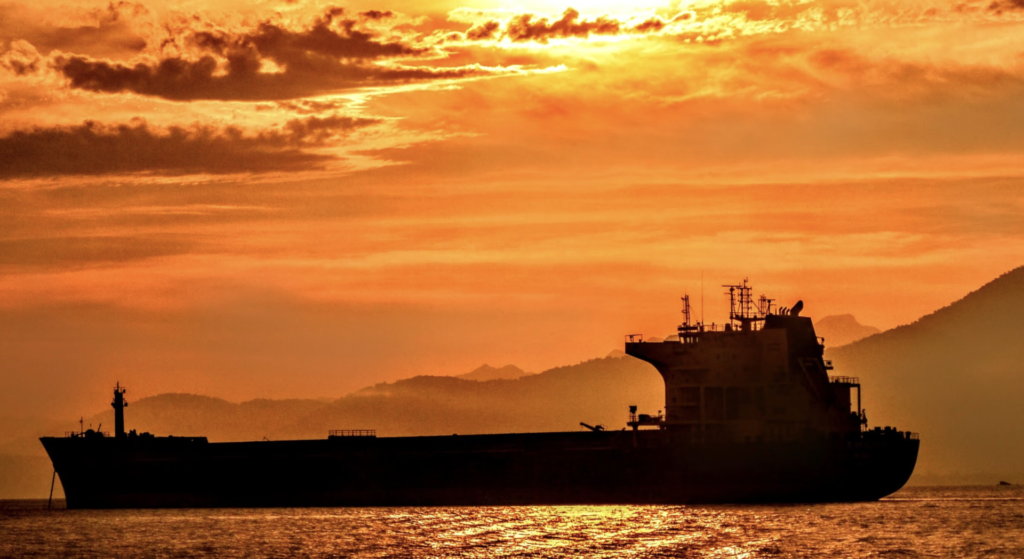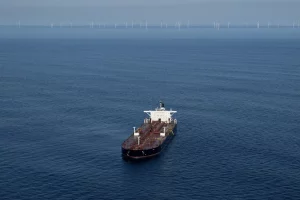Russia benefits from the tanker traffic crisis in the Persian Gulf

Shipowners and traders are reacting to the escalation of risks in the Strait of Hormuz: freight rates are rising and pressure on the energy market is increasing.
After the US strikes on Iranian nuclear facilities and the escalation of the conflict in the Middle East, the situation in the Strait of Hormuz — a key sea route for oil and gas exports — has become sharply more complicated. Bloomberg writes about this.
Two supertankers — Coswisdom Lake and South Loyalty — each with a carrying capacity of about 2 million barrels, changed course, entering the strait, and later refused to pass through it. One of them turned back through Hormuz, the other remains outside the Persian Gulf.
At the same time, satellite maps and data from monitoring systems show that dozens of tankers lined up in almost wake columns and are leaving the Persian Gulf. Traffic in the opposite direction has practically stopped: the number of vessels heading to the Gulf is much smaller.
As of Monday morning, about 40 tankers were waiting at anchorages in the Gulf of Oman near Oman and the UAE, said Andriy Klymenko, project manager at the Institute for Black Sea Strategic Studies.
Some shipowners, such as Frontline and Shell, announced the suspension of new voyages through Hormuz or sent ships in convoys under guard. QatarEnergy ordered LNG tankers to stay out of the strait until further notice.
The reasons are not only the threat of attacks, but also numerous failures in the operation of GPS/AIS navigation systems, radio interference and recent incidents, such as the collision of tankers near Khor Fakkan.
According to Reuters, tanker traffic through Hormuz has decreased by 20-46% from its usual level in recent days. This is already affecting VLCC freight rates: they have increased by 20-40%. Insurers have raised premiums for passage through the strait.
The market is reacting with a price jump: Brent has already risen to $90–95 per barrel in JPMorgan and Rystad Energy forecasts. Analysts warn that even a partial disruption of flows adds a “psychological premium” to oil.
According to political scientist Maxim Gradus, this situation is beneficial for Russia. Even a short-term increase in oil prices by $5–7 could bring the Kremlin an additional $1 billion in revenue — even taking into account the discount. And a complete closure of the Strait of Hormuz could raise prices above $100, which would mean tens of billions of dollars in profit for Moscow.
Meanwhile, the US is asking China to convince Iran not to close the Strait of Hormuz.





